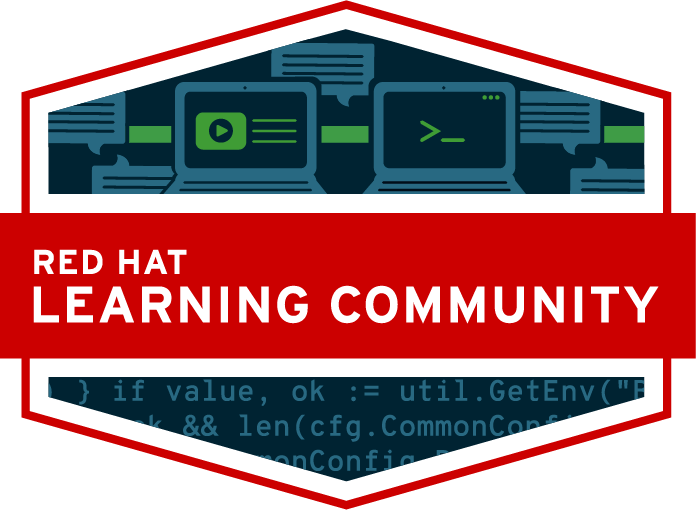- Red Hat Community
- :
- Discuss
- :
- Automation, Management & Ansible
- :
- Ansible Galaxy vs Ansible Automation Hub
- Subscribe to RSS Feed
- Mark Topic as New
- Mark Topic as Read
- Float this Topic for Current User
- Bookmark
- Subscribe
- Mute
- Printer Friendly Page
- Mark as New
- Bookmark
- Subscribe
- Mute
- Subscribe to RSS Feed
- Permalink
- Report Inappropriate Content
- 994 Views
Ansible Automation Hub is the enterprise source marketplace for Ansible Automation Platform users.
Ansible Galaxy is an online marketplace for open source Ansible Content Collections.
Is it possible to equate the purpose of these two resources? That is, can I say that
Ansible Galaxy is to Ansible Core, what Ansible Automation Hub is to Ansible Automation
Platform?
Accepted Solutions
- Mark as New
- Bookmark
- Subscribe
- Mute
- Subscribe to RSS Feed
- Permalink
- Report Inappropriate Content
- 952 Views
@Trevor -
This analogy kinda fits in terms of licensing and pricing (when looked at from a product level). However a better way to look at it would be ...
Galaxy => EPEL (RPMs)
Red Hat Automation Hub => Red Hat (RPMs)
One is a "secure" supply chain provided supported and signed modules, collecitons and a guarantee of support. The other is coming from an "upstream" project and open source location with no guarantees or supply chain security and no signatures that are "verified".
Yes, you need to import the EPEL GPG key to install EPEL packages, but who/what entity is behind it and providing the support? It is worse with Galaxy because anyone can publish there and sign their own packages.
https://rhtapps.redhat.com/verify?certId=111-134-086
SENIOR TECHNICAL INSTRUCTOR / CERTIFIED INSTRUCTOR AND EXAMINER
Red Hat Certification + Training
- Mark as New
- Bookmark
- Subscribe
- Mute
- Subscribe to RSS Feed
- Permalink
- Report Inappropriate Content
- 953 Views
@Trevor -
This analogy kinda fits in terms of licensing and pricing (when looked at from a product level). However a better way to look at it would be ...
Galaxy => EPEL (RPMs)
Red Hat Automation Hub => Red Hat (RPMs)
One is a "secure" supply chain provided supported and signed modules, collecitons and a guarantee of support. The other is coming from an "upstream" project and open source location with no guarantees or supply chain security and no signatures that are "verified".
Yes, you need to import the EPEL GPG key to install EPEL packages, but who/what entity is behind it and providing the support? It is worse with Galaxy because anyone can publish there and sign their own packages.
https://rhtapps.redhat.com/verify?certId=111-134-086
SENIOR TECHNICAL INSTRUCTOR / CERTIFIED INSTRUCTOR AND EXAMINER
Red Hat Certification + Training
- Mark as New
- Bookmark
- Subscribe
- Mute
- Subscribe to RSS Feed
- Permalink
- Report Inappropriate Content
- 940 Views
Travis -
Love the analogy!!! You've served another response that
makes perfect sense!!!
Thanks Travis

Red Hat
Learning Community
A collaborative learning environment, enabling open source skill development.

